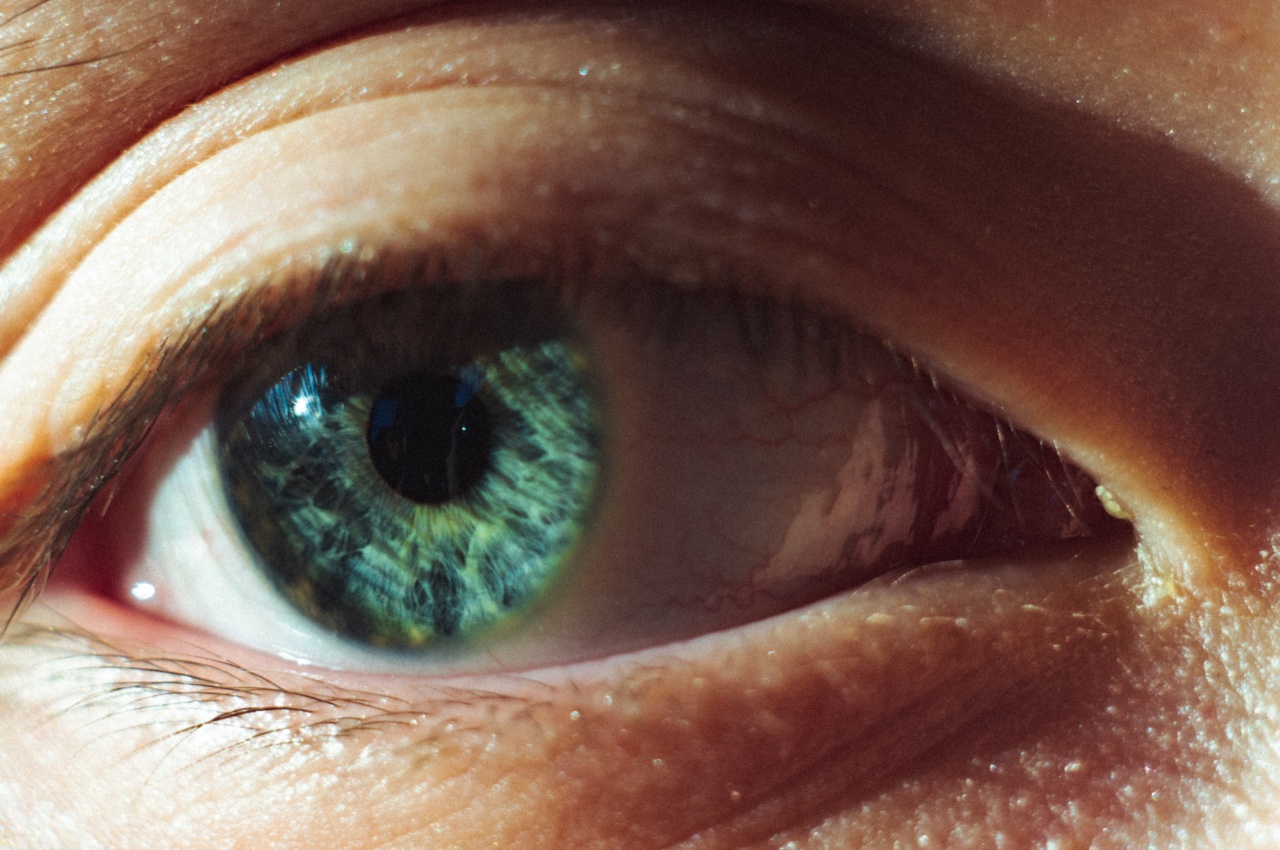Eye bleeding, also known as subconjunctival hemorrhage, is a condition that occurs when blood vessels in the eye rupture or break open. This bleeding may occur on the white part of the eye, the iris, or near the retina.
While eye bleeding can be a frightening experience, it is usually not serious and will resolve on its own over time. Understanding the potential causes of eye bleeding can help individuals identify when medical attention is necessary.
1. Eye Trauma
One of the most common causes of eye bleeding is trauma to the eye. This may occur due to a direct blow to the eye, such as from a sports injury, or as a result of a foreign object entering the eye.
In these cases, the force of the impact can rupture blood vessels, resulting in bleeding in the eye.
2. Eye Surgery
Individuals who have undergone eye surgery, such as cataract surgery or a corneal transplant, may experience eye bleeding as a result of the trauma caused by the surgery.
While this type of bleeding is relatively rare, it is important to speak with a healthcare provider if eye bleeding occurs following surgery.
3. Eye Infection or Inflammation
Eye infections, such as conjunctivitis or uveitis, and inflammation of the eye, such as from allergies or autoimmune disorders, can cause eye bleeding.
This occurs when the inflammation or infection affects the blood vessels in the eye, making them more likely to rupture or break open.
4. High Blood Pressure
High blood pressure, or hypertension, can cause eye bleeding. This is because the increased pressure can damage the blood vessels in the eyes, leading to bleeding.
Individuals with hypertension or a history of high blood pressure should monitor their eye health closely and seek medical attention if they experience any unusual symptoms.
5. Blood Clotting Disorders
Individuals with blood clotting disorders, such as hemophilia or von Willebrand disease, are more likely to experience eye bleeding.
These disorders affect the blood’s ability to clot properly, making it more difficult for the body to stop bleeding when blood vessels rupture.
6. Certain Medications
Some medications, such as blood thinners and aspirin, can increase the risk of eye bleeding. These medications can affect the body’s ability to clot blood properly, making it more difficult to stop bleeding when it occurs.
7. Eye Strain
Individuals who spend long periods of time looking at screens or reading may experience eye strain. This can cause the blood vessels in the eyes to become strained and more likely to rupture, leading to eye bleeding.
8. Systemic Health Issues
Some systemic health issues, such as diabetes, sickle cell anemia, and leukemia, can cause eye bleeding. These conditions can affect the blood vessels throughout the body, including those in the eyes, making them more likely to rupture or break open.
9. Aging
As individuals age, the blood vessels in the eyes become more fragile and may rupture more easily. Eye bleeding is more common in older adults as a result.
10. Unknown Causes
Finally, in some cases, eye bleeding may occur for unknown reasons. While this can be frustrating for individuals who experience it, the bleeding is usually not serious and will resolve on its own over time.





























